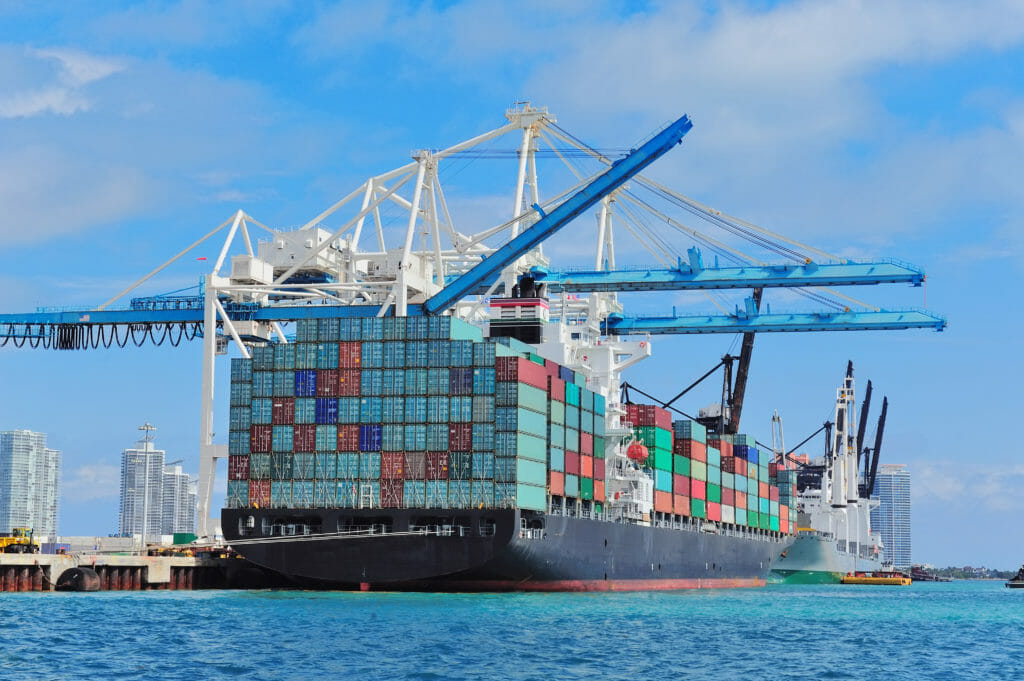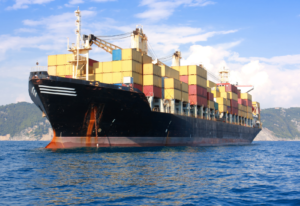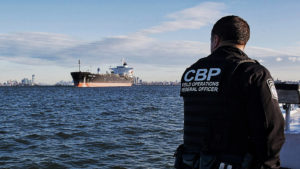U.S. shippers of electric and hybrid vehicles that do not understand and abide by their IMDG compliance obligations risk severe consequences.
U.S. shippers/exporters of new and used electric and hybrid vehicles face complex compliance issues when shipping aboard oceangoing vessels, not least of which is the International Maritime Dangerous Goods Code (“IMDG Code”). Sometimes, carriers require shippers provide them with a letter of indemnity certifying that the vehicles comply with Special Provision 961 (“SP-961”) and Special Provision 962 (“SP-962”) of the IMDG Code.
Though this demand for a letter of indemnity may be reasonable for vehicles deemed to be dangerous goods, this demand becomes unreasonable when shippers have already neutralized any hazardous “threat”. The bottom line is that all carriers are different and they have varying demands when it comes to compliance with the IMDG Code and this makes creating internal shipper policies for vehicle export (and especially for electric and hybrid vehicles) no picnic. It is therefore essential that U.S. shippers of vehicles understand the specific provisions of the IMDG Code applicable to their business and the consequences if they fail to comply.
What is the IMDG Code?
Transporting hazardous materials (“HazMat”) to, from, or through the U.S. is subject to the Hazardous Materials Regulations (“HMR”) of the Pipeline and Hazardous Materials Safety Administration (“PHMSA”). However, if the HazMat (referred to as “dangerous good” in the IMDG Code) is to be transported in international waters by vessel, it is subject to the IMDG Code of the International Maritime Organization (“IMO”). The IMO does not itself enforce the IMDG Code; it is the responsibility of its Member States to do so. Since the United States is a member state of the IMO, the IMDG Code is incorporated into the PHMSA/DOT HMR.
Compliance with the IMDG Code is Key
Cargo aboard oceangoing vessels must be able to cope with heavy seas and storms and the IMDG Code is designed to ensure packages do not get damaged, and if any leaks that do occur do not cause chemicals to come into contact with each other and react dangerously. Because of their enclosed batteries and fuel cells, all vehicles (not just electric and hybrid vehicles) are classified as “dangerous goods” for purposes of sea freight shipments. The IMDG Code classifies battery and fuel powered vehicles as UN3481 and lithium battery powered vehicles as UN3171.
Exporters of these classes of vehicles must provide carriers with a dangerous goods declaration document unless they have taken precautionary measures prescribed in SP-961 to neutralize the hazards of vehicle fuel and batteries to make the vehicles “non-dangerous”. If the shipper is unable to meet the SP-961 requirements, the vehicles will be deemed to be Class 9 dangerous goods that must comply with specific provisions of SP-962.
Steps to Ensure Compliance
To ensure compliance with the IMDG Code I recommend the following:
- You understand the Code and special provisions (SP-961 and SP-962) thoroughly.
- You properly classify and package the vehicles as per the Code.
- You complete necessary documentation such as the dangerous goods declaration document.
- You regularly update your knowledge about the Code and changes in it.
- You adhere to the measures prescribed in SP-961 to neutralize the hazards of vehicle fuel and batteries, making the vehicles “non-dangerous”, such as ensuring batteries are disconnected and protected against accidental activation.
Penalties for Non-Compliance with the IMDG Code
The PHMSA penalty provisions apply to violations of SP-962 and those provisions make any “person who knowingly violates a requirement of the Federal hazardous material transportation law” liable for up to $96,624 for each violation or up to. $225,455 if the violation results in deathserious injury, or severe injury, or “substantial” destruction of property.
The obligation to comply with SP-962 is placed on carriers to ensure no cargo that violates the IMDG Code is carried aboard their vessels, and for this reason, many carriers demand from the shipper an indemnity letter certifying that their vehicles comply with SP-961 and SP-962 as a condition for transporting their vehicles. Failure to provide this letter risks denial of carriage altogether.
Most carriers have provisions in their contracts making the shipper liable for non-compliance with SP-961 or SP-962. Shippers may also be held liable for damages resulting from a non-compliant shipment, especially when the carrier had no knowledge of danger due to the shipper’s failure to declare the particulars of the shipment.
IMDG is King
U.S. shippers of electric and hybrid vehicles that do not understand and abide by their IMDG compliance obligations risk severe consequences.

























